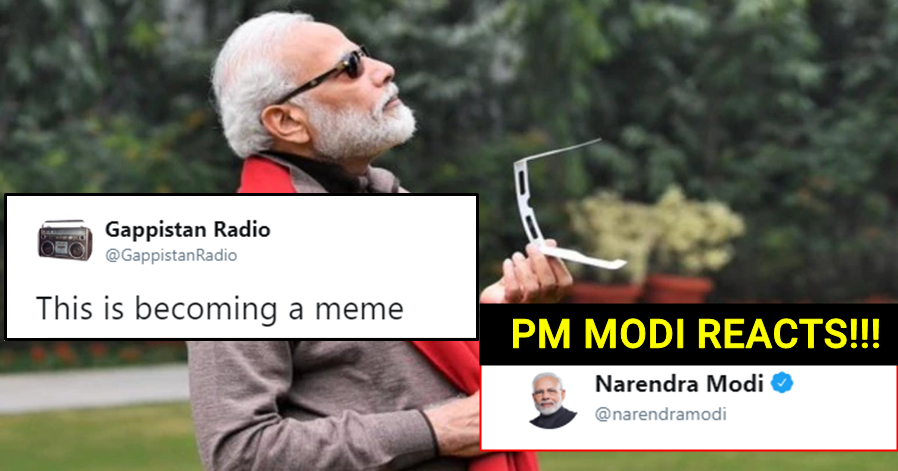In the latest development, the railway authorities have decided to replace Urdu language on signboards at state platforms with Sanskrit. The signboards which have names of railway stations scripted in Hindi, English and Urdu will now be written as Hindi, English and Sanskrit respectively.
As per the railway officials, the decision was taken with immediate effect according to provisions of the Railway Manual, which says that names of the railway stations should be written in Hindi, English and in the second language of the state.
In the year 2010, the Uttarakhand government had become the first state in the country to give Sanskrit the status of the second official language of the Himalayan state. The former chief minister Ramesh Pokhriyal Nishank had earlier said that he intended to promote Sanskrit in the state. After that, Himachal Pradesh followed suit in the year 2019.
The order to this effect was issued by Moradabad railway division after a local neta pointed this out, added the officials. Deepak Kumar, who is the chief public relations officer, Northern Railway, told TOI, “As per the railway manuals, the names of railway stations are to be written on signboards in the state’s second language other than Hindi and English.”
When asked about why it took the railways ten years to decide on this, Deepak Kumar said, “Earlier, Urdu was used on signboards since Uttarakhand was part of UP where Urdu is the second language. We are now making the change after someone pointed this out.”
4000-year-old Indian language to be used for supercomputer coding
A 4000-year-old Indian language would take centre stage for supercomputer coding. A couple of years ago, Union Minister of State for Skill Development Ananta Kumar Hegde said ‘Sanskrit’ will make its way for coding language for future supercomputers.
According to Mr Hedge, Sanskrit could be the best language for computer algorithm design. He said that ‘Sanskrit’ is being taught again in many European Universities. He even addressed the reporters after delivering an address on skill development at Calcutta Chambers of Commerce.
“While we are becoming too dependent on English in our country, we become unaware of the fact that eminent scientists of the world are coming to the view that Sanskrit is the language for future supercomputers,” he said.
“Under the National Skill Quality Framework, we have started the Indian Skill Development Service which will be taught in the Indian Institute of Skill. It will be a top-level institution,” the Union minister said.
Union Minister Ananta Kumar said India Prime Minister Narendra Modi had laid the foundation stone of the first Indian Institute of Skill in Kanpur and each state was planned to have one such institute.
“The Centre will give a sizeable amount to every state as matching grant for such an institute, but the state has to bear the rest. If the state gives the proposal, the Centre will come forward. In a federal system the Centre can’t entirely take a decision,” he said.
“This is part of our objective to give directions on skill and proper infrastructure aimed at taking education outside the four walls (of the classroom),” he said.
Mentioning that the traditional engineering courses were not producing adequate employable candidates, the Union Minister added that there had been no activity of requirement of BTech, MTech and civil engineers.
“We have to change that mindset and predict how many people will seek jobs in the next 10 years…In future, we will have two crore people seeking jobs while 67 per cent of those working will quit their present jobs and shift to another. We need to map that segment,” he said.
He echoed that the Centre had also initiated 18 India International Skill Centres with 18 pioneering corporates from different countries with the likes of Japan, Germany, England, Australia. It is learnt that one such centre would be set up in Kolkata.
The Union minister said the Centre was coming up with an advanced version education system for school students aimed at improving children’s practical knowledge and applied mindset and making it stronger so that the budding talents increase their thinking in the times to come.











